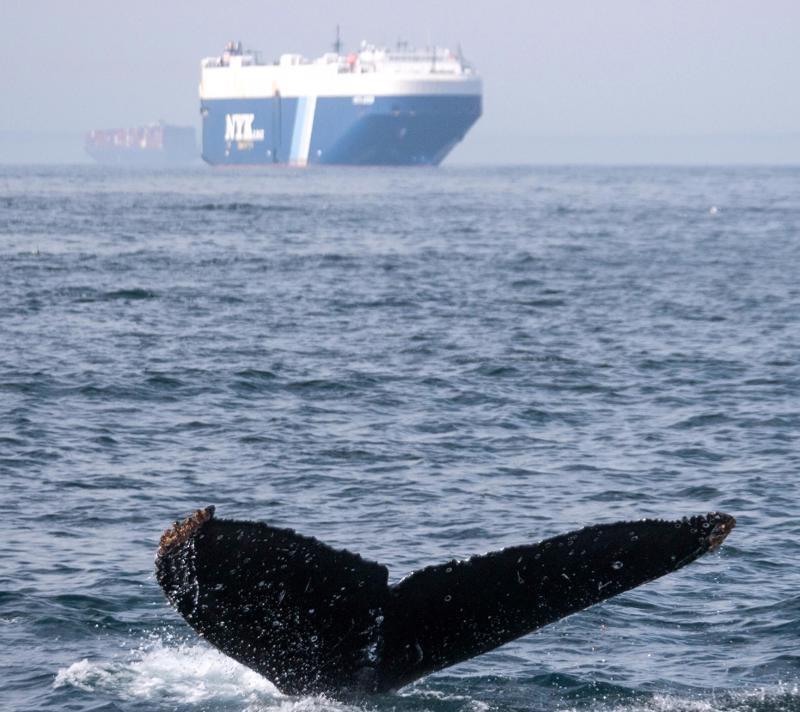
Scientist uses drones and algorithms to save whales and the oceans
by Daria Blackwell 4 Nov 2022 08:57 UTC

Scientist uses drones and algorithms to save whales and the oceans © Daria Blackwell
Douglas McCauley head of the Benioff Ocean Science Laboratory at UCSB is using data to reveal to companies, policymakers, and the public what's at stake.
Researchers say that 2018, 2019, and 2021 were the worst years on record for whale-ship collisions off the West Coast of the United States. Research has demonstrated that slowing ships to 10 knots in areas with high whale presence significantly reduces the danger to whales. Whale Safe is a technology-based mapping and analysis tool displaying whale and ship data that is designed to prevent fatal ship collisions with whales. The inputs include whale sightings along their migratory routes and ships' speeds through those routes. Their aim is to reduce the number of collisions. As each buoy used to detect and analyse whale sounds using AI costs $250,000 to build and $200,000 per year to operate, the Laboratory formed a partnership with the Benioff family for funding.
In 2020, McCauley led a group that produced a report on algorithms that can predict where setting aside marine areas of conservation can have the greatest impact. Clearly, we have to take action before it's too late. According to an article in the Washington Post, since the year 2000:
- global container port traffic has nearly quadrupled;
- aquaculture produces more than half of the fish we eat;
- about 8 million metric tons of plastic enter the oceans every year;
- over half the global oceans are fished;
- more than 700,000 miles of undersea data cables snake across the ocean floor;
- seabed mining may soon begin in some of the world's last pristine ecosystems; and
- the fishing industry is beginning to target deep ocean life.
Professor McCauley has ventured into the area between scientific research and private partnerships to try to fix these problems or at least make them visible.
This article has been provided by the courtesy of Ocean Cruising Club.